Maranoa Indigenous community says Nationals leader David Littleproud did not consult his own electorate before deciding to oppose a Voice to Parliament
Mandandanji community members have claimed they were not consulted by local member and Nationals leader David Littleproud before making the decision to lead his party against supporting an enshrined Indigenous Voice in parliament.
Roma
Don't miss out on the headlines from Roma. Followed categories will be added to My News.
Indigenous community leaders have called out their federal member for Maranoa and Nationals leader David Littleproud for an apparent lack of consultation before announcing that his party would not support a constitutionally enshrined Indigenous Voice in the highly anticipated referendum.
Mr Littleproud told The Western Star he consulted with local elders and members of the Mandandanji people and other Indigenous groups in the Maranoa area before reaching the decision.
However, Roma resident and prominent Indigenous activist Lane Brookes offered a different perspective, saying that while Mr Littleproud’s office did ask for his contact details, he never heard from them.
“Ultimately, it’s the community that’s going to be deciding on this Voice and if he’s not approaching the community and they’re prematurely going to take a stand on something without seeking the advice of people in his electorate, that’s not a good model,” he said.
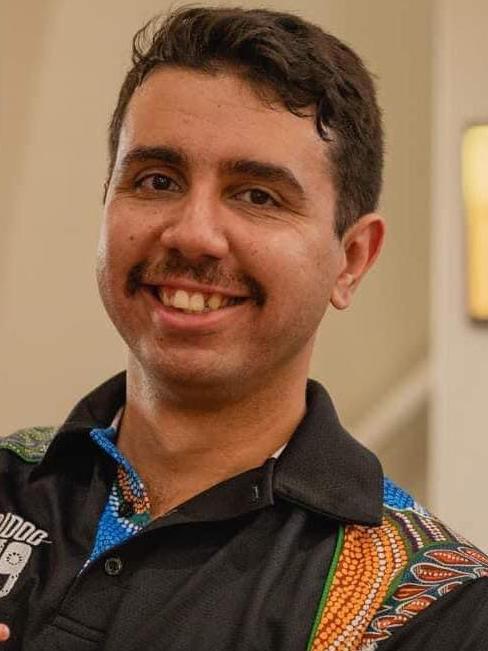
“I can see a lot of benefits of the Voice impacting positively for this region because when we look at it, our region often gets overlooked for funding and resources that could assist in closing the gap.
“If he’s denied the opportunity for our Voices to be heard at this level, a community level, and so prematurely – we haven’t even gone to a campaign yet.”
Mr Brookes said regardless of what the Voice looks like in practice, the importance of having a protected mechanism for regional voices was imperative to closing the gap.
“Regional perspectives always get filtered through one person or goes back to Toowoomba and our voices never get heard,” Mr Brookes said.
“It gives people from our region a voice that directly links across policies and initiatives that are going to affect our lives.
“It’s not going to be something that will be there for a couple years then drop off like we’ve seen with other programs and initiatives.
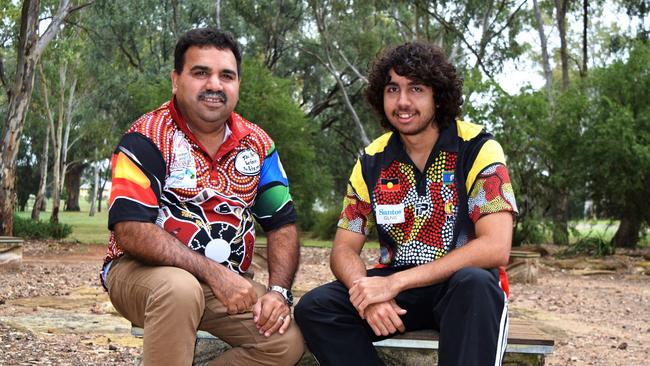
“Communities are the ones going to be deciding on this, not organisations or bodies or companies. Organisations aren’t solely the voice of Aboriginal people.
“It’s just about having some frank and open discussions and doing so in a respectful manner.
“Whether it be a couple of one-on-ones and a few group sessions that can inform him (Mr Littleproud), as opposed to just seeking out a couple of individuals from organisations and making up his mind that way.”
Mr Littleproud said his reason for not supporting the Voice was because there were better alternatives to closing the gap and criticised the Voice for being too “bureaucratic”.
He described the Voice as too large-scale and said that it doesn’t focus on unique community needs.
“I think Canberra should go out and work with these Indigenous communities,” he said.
“I’ve rung elders across the electorate. Some weren’t even aware of the Voice.
“It concerns me that they haven’t been consulted in the initial stages (by the Voice architects).
“What Indigenous people in Stanthorpe need is very different to what they need in Roma.
“Empowering elders in local communities is more important. We get the best solutions when local elders and the community determine their own local solutions.”
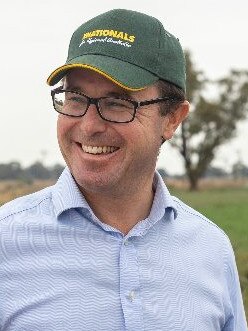
Mr Littleproud said some of the backlash he’s received was to be expected as there was a “cross section” within the Mandandanji community.
“There will be people within Maranoa who support this and ones who don’t. It should come down to a simple question – what is the best way to close the gap?” he said.
“We don’t want to create more bureaucracy. Their (local elders’) biggest frustration is the bureaucracy.”
Mr Littleproud refuted suggestions he didn’t consult with local Indigenous communities in his electorate and said he spoke with Mandandanji Limited CEO Tim Klaas.
Mandandanji Limited CEO Tim Klaas agreed that he was individually approached by Mr Littleproud, but their conversations didn’t centre around the Voice.
“My comments to David were more so around the old ATSIC model and how we can close the gap in general,” he said.
“It’s definitely not Mandandanji as a board or a group saying ‘no we don’t want an Indigenous voice’, it was more about the actual model that’s being supported.
“There’s been a number of discussions I’ve had in relation to it, simply because it’s a current issue. But as a board, the board has never been consulted.
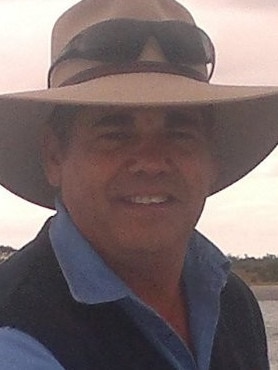
“I don’t want to be seen as speaking on behalf of all Mandandanji people, obviously we as a group haven’t really been consulted to be honest.”
Something that both Mr Brooks and Mr Klaas agreed on was their shared love of the former Aboriginal and Torres Strait Islander Commission.
“It was a democratic process where representatives were elected per region,” Mr Klaas said.
“Each region would nominate a commissioner for their region, where they would then meet at a national level and they would make decisions on Indigenous policy.
“I thought it was fantastic. There was no recommendation to abolish it, but under the Howard regime they abolished it and started mainstreaming services.”
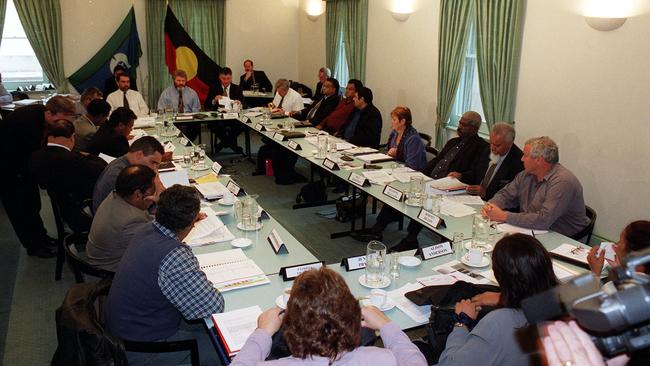
Mr Brookes said while the ATSIC model was effective, the problem was that it wasn’t protected constitutionally.
“That was a commission and just like any other government department that can be changed and altered through a tick and flick from whoever is signing off on it,” he said.
“But this Voice, if people vote yes for, is locked into the constitution which means if we do start to do meaningful work and if it goes through a rocky patch and people think ‘oh this isn’t working’, they’re not going to get rid of it.”
When asked what he thought the general consensus was for the Voice in the Maranoa region, Mr Brookes said it was difficult to pinpoint.
“We’re all very diverse, even within our own region and we have our own diverse range of political stances,” he said.
“I wouldn’t say definitively yes, but I wouldn’t say definitively no. I do know that there would be a majority in favour of yes.
“Again, it’s a journey that we need to talk about as a community as a whole because we’re a minority and we’re very much a minority group within Maranoa as well.
“Even if all Aboriginal people aligned for the yes vote, we still wouldn’t have enough to pull the vote over the line for Maranoa.
“I can see where David’s coming from when he says he doesn’t want to lock anything in, but that’s the perception of failure prior to it even beginning.”




